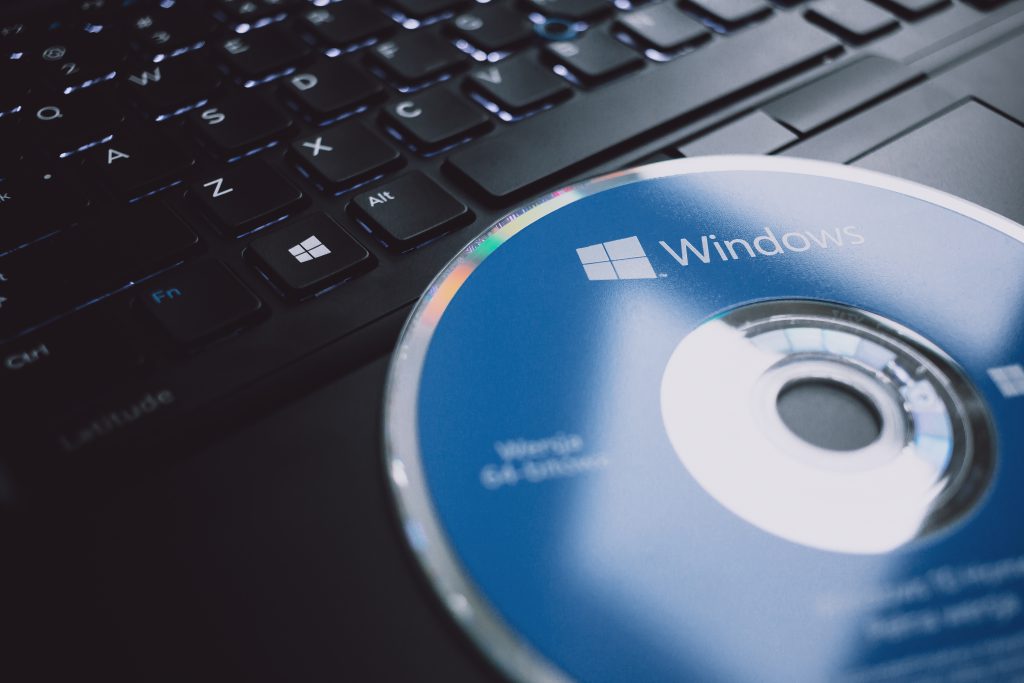- Introduction:
Poker has been a popular card game for centuries, captivating both casual players and serious gamblers. While luck plays a role in determining short-term outcomes, successful players understand the importance of strategic thinking, keen observation, and psychological skills. In this article, we explore the science behind the game of poker, shedding light on the cognitive and emotional aspects that influence players’ decision-making process.

- The Science of Probability:
One of the fundamental aspects of poker involves calculating and assessing probabilities. Successful players make informed decisions by considering the likelihood of their opponents’ hands and the potential of future cards. Mathematics and statistics play a pivotal role in poker strategy as players analyze their odds of winning against various combinations of cards and betting patterns.
- Cognitive Biases:
Human psychology, influenced by several cognitive biases, greatly impacts poker players’ decision-making process. The confirmation bias, for instance, leads players to seek out information that confirms their preconceived notions, potentially clouding their judgment. The gambler’s fallacy, on the other hand, makes players believe that previous outcomes affect future probability distributions, leading them to make irrational decisions.
- Non-verbal Communication:
Poker also involves the art of reading opponents through their non-verbal cues. Recognizing microexpressions, casinobonuspokies.com body language, and subtle behavioral patterns helps players to evaluate their opponents’ hands and make strategic decisions accordingly. However, research suggests that professional players may mask their emotions intentionally, making it challenging to rely solely on non-verbal communication.
- Risk Assessment and Emotional Control:
Successful poker players must analyze risk and exercise self-control to avoid making impulsive decisions. Research shows that poker players with good emotional control are more likely to make rational and calculated choices, even under high-stress conditions. The ability to regulate emotions can prevent players from being unnecessarily influenced by wins or losses, ensuring they stay focused on the long-term goal of winning consistently.
- Poker as a Game of Skill:
The question of whether poker is primarily a game of skill or chance has been debated extensively. Recent scientific studies suggest that skill plays a prominent role in long-term success, with expert players consistently outperforming novices. By employing mathematical strategies, understanding opponents’ behaviors, and employing advanced decision-making techniques, skilled players tilt the odds in their favor, demonstrating that poker encompasses more than mere luck.
- Neural Mechanisms at Play:
Neuroscientific studies exploring the brain activity exhibited during poker games have revealed fascinating insights. Research shows that decision-making in poker involves the interaction of several brain regions, including the prefrontal cortex, parietal lobe, and limbic system. Understanding these neural mechanisms further illuminates the cognitive and emotional processes that guide poker players’ actions.
- Poker Training and Skill Development:
Given that poker requires a blend of mathematical prowess, strategic thinking, and psychological acumen, various training methods have emerged to help players enhance their skills. These range from online tutorials, books, and coaching to virtual reality simulations designed to simulate real-life poker scenarios. Research into effective training techniques could potentially contribute to improving players’ performance and understanding of the game.
- Conclusion:
Poker is not only a game of chance but also an arena for understanding human cognition, emotions, and behavior. The scientific exploration of poker highlights the intricate interplay of probability, decision-making, and psychological factors present in this popular card game. By delving deeper into the science behind poker, researchers may uncover valuable insights into human psychology and decision-making processes more broadly.
